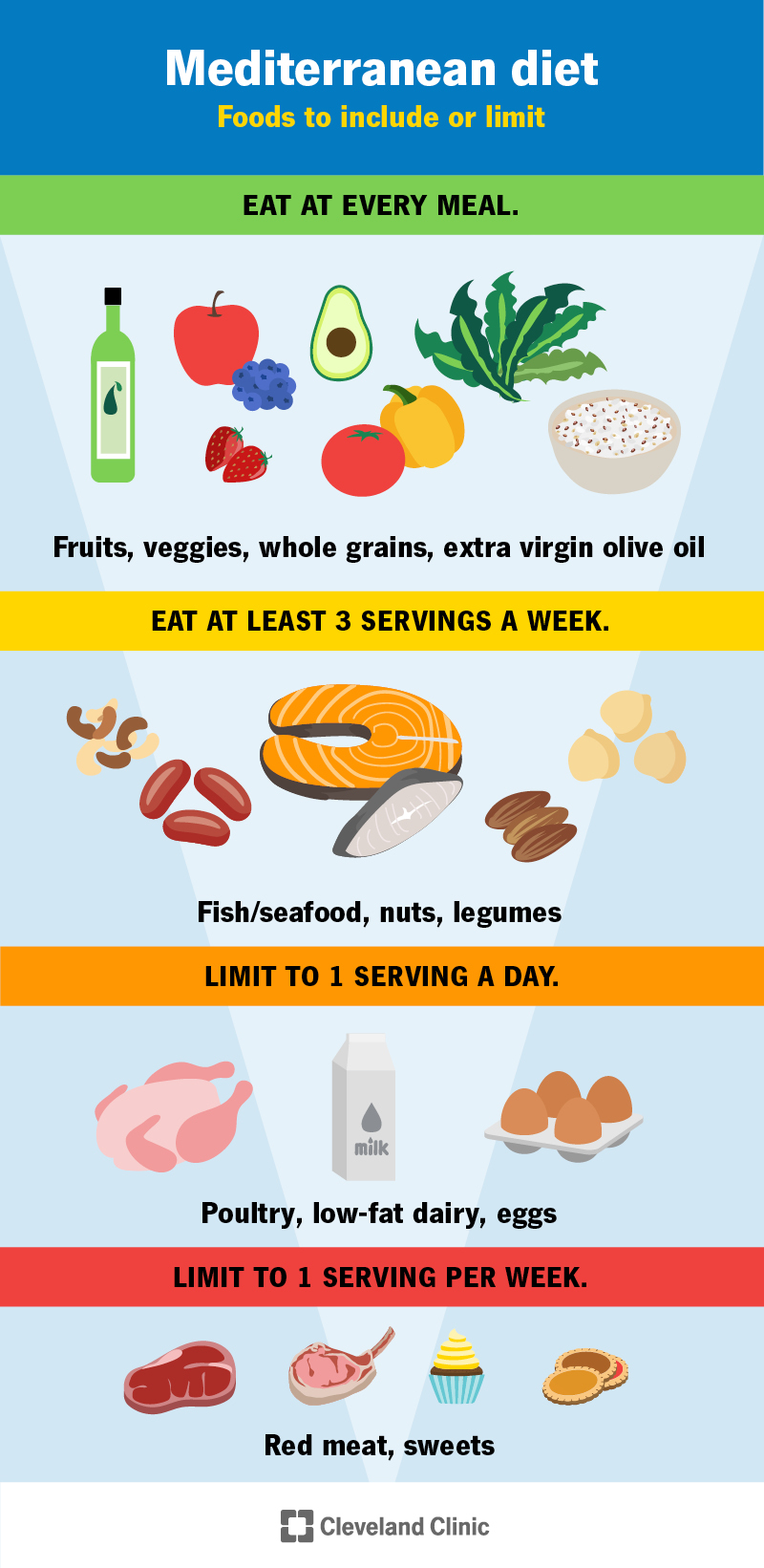Rise by Six: Your Daily Dose of Inspiration
Explore insights and stories that elevate your day.
Bite-Sized Truths About Diets
Discover quick, surprising truths about diets that challenge common beliefs—your ultimate guide to smarter eating starts here!
The Science Behind Popular Diets: What You Need to Know
Understanding the science behind popular diets is essential for anyone looking to improve their health and well-being. Many diets, from the ketogenic to the Mediterranean, have gained popularity due to anecdotal success stories, but science offers a deeper insight into their mechanisms. For instance, the ketogenic diet promotes a state of ketosis, where the body burns fat for fuel instead of carbohydrates. This shift can lead to significant weight loss and improved energy levels, but it also requires strict adherence to low carbohydrate intake to be effective.
Another widely known approach is the Mediterranean diet, which emphasizes the consumption of whole foods, healthy fats, and lean proteins. Research indicates that this diet not only aids in weight management but also reduces the risk of chronic diseases such as heart disease and diabetes. A balanced intake of fruits, vegetables, and whole grains provides essential nutrients that support overall health. Ultimately, while popular diets can offer structured pathways to health, understanding their underlying principles through science is crucial for sustainable long-term results.

Top 5 Myths About Dieting Debunked
When it comes to dieting, misinformation is rampant. One of the most common myths is that eating fat makes you fat. Many people believe that cutting all fats from their diet will lead to weight loss, but this couldn't be further from the truth. Healthy fats, like those found in avocados, nuts, and olive oil, are essential for overall health and can actually assist in weight management. They help in absorbing vitamins and provide a sense of fullness, which can reduce cravings. Understanding the difference between healthy and unhealthy fats is crucial for a balanced diet.
Another prevalent myth is that carbs are the enemy. Many diet plans advocate for eliminating carbohydrates entirely; however, not all carbs are created equal. Whole grains, fruits, and vegetables are rich in nutrients and fiber, which are essential for a healthy diet. Instead of cutting out carbs, it's more effective to choose healthy sources and manage portion sizes. Embracing a balanced approach allows individuals to enjoy a variety of foods while maintaining a sustainable eating pattern without feeling deprived.
How to Choose the Right Diet for Your Lifestyle: Key Factors to Consider
Choosing the right diet for your lifestyle involves evaluating several key factors that can affect your health and well-being. Start by assessing your activity level. If you lead a sedentary life, a lower-calorie diet may be more appropriate, while those with a more active lifestyle may require additional calories and nutrients. Additionally, consider your personal goals, whether they involve weight loss, muscle gain, or simply maintaining a healthy diet. Understanding these aspects will help you create a diet plan that aligns with your daily routines.
Another critical element is your food preferences. It's essential to choose a diet that you genuinely enjoy, as this will increase your chances of sticking with it long-term. Consider any dietary restrictions, such as allergies or intolerances, and explore options that fit within those limits. Lastly, don't forget to think about budget and availability of foods. Some diets can be more expensive or require ingredients that aren't easily accessible. By weighing these factors, you can make an informed decision that complements your unique lifestyle.